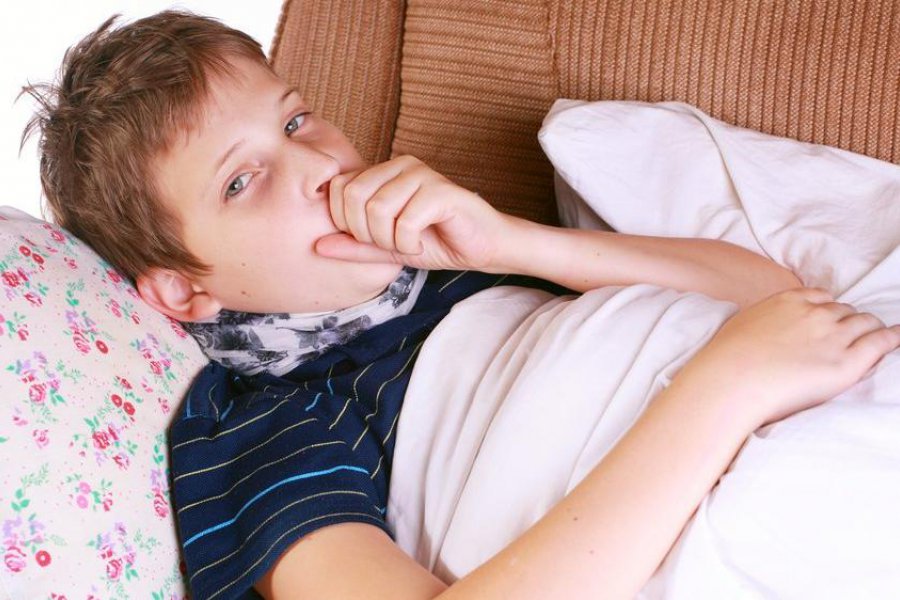Frequent upper respiratory tract diseases in children
Frequent upper respiratory tract diseases in children are usually caused by viruses or sometimes bacteria. Such illnesses can include a variety of conditions, such as colds, flu, tonsillitis, pharyngitis, ear infections, sinusitis, and more.
Frequent upper respiratory tract diseases in children are usually caused by viruses or sometimes bacteria. Such illnesses can include a variety of conditions, such as colds, flu, tonsillitis, pharyngitis, ear infections, sinusitis, and more. Here are the common causes and treatment approaches of common upper respiratory tract diseases in children:
Reasons:
Viruses: Most upper respiratory tract infections, such as colds and flu, are triggered by viruses. Especially during seasonal changes, children may become more susceptible to viruses.
Bacteria: Conditions such as tonsillitis, pharyngitis, sinusitis, and some ear infections may be due to upper respiratory tract infections caused by bacteria.
Contact: Children can often catch infections through contact with each other or with adults. Infections can spread more quickly in public areas such as schools or nurseries.
Low Immunity: A low immune system can cause children to be more susceptible to upper respiratory tract infections. The immune system may be weakened, especially in cases of underlying health problems or malnutrition.
Treatment and Care Approaches:
Treatment of upper respiratory tract infections may vary depending on the type of disease, severity, and symptoms. Here are some common treatment approaches:
Rest and Hydration: When children become infected, plenty of rest and adequate fluid intake are important. This can help the body fight disease.
Symptomatic Treatment: Symptomatic medications can be used to relieve symptoms such as fever, cough and nasal congestion. However, aspirin should not be given to children.
Antibiotics: Antibiotics recommended by the doctor can be used for bacterial infections. However, viral infections do not respond to antibiotics.
Airway Clearance: Airway clearing and saline nose drops, especially for babies, can relieve nasal congestion.
Allergic Asthma Treatment: Allergic asthma can cause upper respiratory symptoms. Treatment may include controlling allergens (for example, pollen or dust mites) and using inhaler medications when necessary.
Treatment varies depending on the symptoms and type of disease. It is also personalized based on the child's age, health history and other factors. If your child has frequent upper respiratory tract infections or if symptoms become severe, it is important to see a pediatrician.






